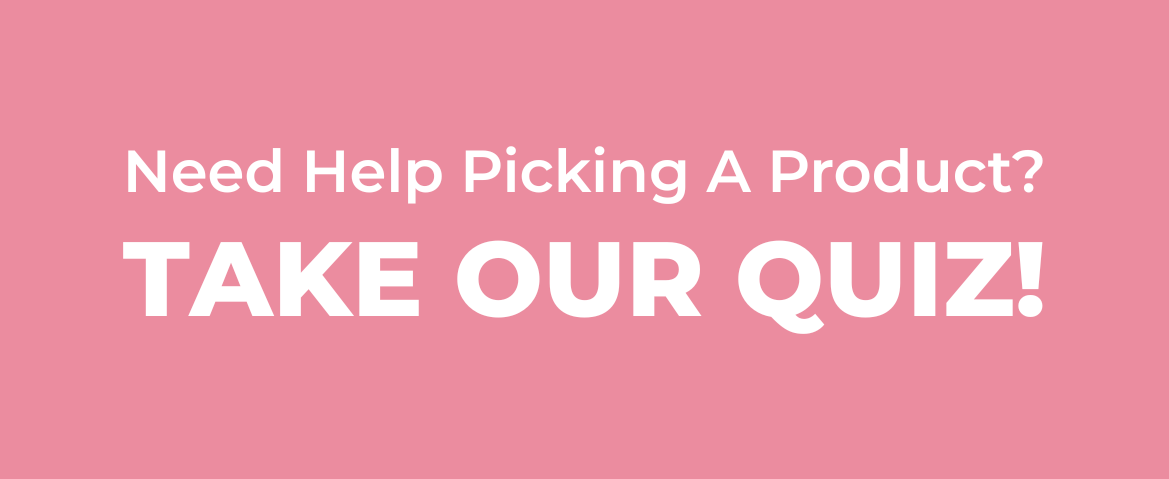
Intuitive Eating: Is it right for you?
For thousands of years eating was a simple phenomenon. You eat when you’re hungry and nothing more. However, our ancestors didn’t have the luxury of eating meals several times a day. In fact, people would go days without eating as a normal way of life. Today times have changed. With the modernization of agriculture and vast amounts of processed foods we have available today – people often overeat, eat when they’re not hungry, or simply eat out of boredom (hence the reason why the average person gained 30 pounds during the pandemic).
Recently intuitive eating has been a popular diet choice. Unlike other diets, there are no restrictions on the types or quantities of food you can consume. You don’t look at foods in binary terms of “good” or “bad”, you simply listen to your body and eat.
Does this sound too good to be true? Although it may sound like you simply eat whatever you want, whenever you want – it’s not that easy. In this piece, we’ll explain intuitive eating and discuss whether it may be right for you.
What is Intuitive Eating?
Intuitive eating is not meant to be a lifestyle for the goal of gaining or losing weight. Quite the contrary, intuitive eating is more of a way of thinking about food. It involves establishing a healthy relationship and rejecting diet culture entirely.
Here’s the main concepts surrounding intuitive eating:
Intuitive eating can be a great choice if you’re looking for a way to develop a better relationship with food instead of counting calories and depriving yourself.
The Pros and Cons of Intuitive Eating
Although intuitive eating can be a great option for some, many people need more structure in their life to achieve their goals. Many find the loose standards of intuitive eating too free for their own good.
The benefits of intuitive eating include:
- Intuitive eating gives you the liberty to eat you want
- Improves your relationship with food
- Causes less stress and anxiety compared to conventional diets
- Takes the pressure of calorie counting
The downfalls of intuitive eating include:
- The lack of structure may make it difficult for people without willpower
- You will likely struggle to reach fat and weight loss goals without any sort of diet plan
- You may over or underestimate your food intake, which can lead to gaining or losing weight
- You may use it as an excuse to eat whatever you want
Intuitive eating can be a great form of eating for some people, but it depends on your specific personality. If you think you’ll eat everything in sight and need more rigorous structure, it may not be the right choice for you. However, if you need more freedom in your diet – intuitive eating may be exactly what you’re looking for.
How to Eat Intuitively
Eating intuitively may sound simple in theory, but there’s a few things to keep in mind.
- Reject diet culture
- Recognize when your body is hungry and give it the nutrients it needs
- Make peace with food – there is no good or bad foods as they all provide fuel for your body
- Enjoy the experience of eating
- Choose healthy options
Switching your diet and mindset to a way of intuitive eating doesn’t happen overnight. Be patient and try to restructure your life one step at a time. Practice healthy daily habits and understand that it may take some time to embrace intuitive eating.
Does it Work?
You may think that intuitive eating may not work as well as conventional diets. Research on intuitive eating has actually found the contrary. Studies have shown a substantial association between intuitive eating and lower BMIs (1). Another study discovered that letting go of good and bad food labels and giving oneself unconditional permission to eat desired foods can help improve relationships with food (2).
The conclusive evidence has indicated that intuitive eating has been shown to improve positive body image, self-esteem, and overall well-being. People that use intuitive eating are more likely to be happier with themselves and less anxious over food choices.
Should You Try Intuitive Eating?
Intuitive eating can be a great choice for people that struggle to have a healthy relationship with food. However, if you’re a person who enjoys strict regimens and needs a specific blueprint of what to eat – your personality may not be well suited to intuitive eating.
Whatever diet you choose, you should choose one that is the most positive for your mental and physical health. Intuitive eating may be the perfect option for individuals who want to live and eat more freely.
Live your best and healthiest life, both mentally and physically, each and every day. If you’re still struggling with your dietary choices, we’re here to help. Feel free to reach out to us for more support and guidance – every step of the way.
References:







